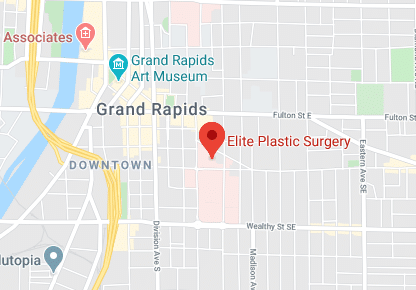 Generally speaking, skin cancer is a lot more versatile than people realize. When most people hear the term, they think of melanoma, which happens in the skin’s pigment cells. But squamous cell carcinoma and basal cell carcinoma are also quite common, with the latter being the most frequently diagnosed in those who have lighter skin.
Generally speaking, skin cancer is a lot more versatile than people realize. When most people hear the term, they think of melanoma, which happens in the skin’s pigment cells. But squamous cell carcinoma and basal cell carcinoma are also quite common, with the latter being the most frequently diagnosed in those who have lighter skin.
Thankfully, skin cancer removal is also an option, as it can be treated in a number of effective ways. Exactly which technique will be used depends on your type and a few other factors.
Your Guide to Skin Cancer Removal
If a patient’s skin cancer only affects a small portion of their skin, or if it is localized entirely to one particular area, skin cancer removal may be as simple as making a few incisions. Any lesions are removed from the skin, and the wound—if there is one—gets closed immediately. It can still be a scary and stressful time for someone going through it, but it’s also a very successful procedure.
When lesions get larger or grow more complicated, that’s when a more comprehensive level of skin cancer removal may be needed. The issue is that even if a lesion appears small on the surface of the skin, you may only be seeing a fraction of its actual size. The lesion and portions of the surrounding skin will be removed and examined carefully to help make sure that no traces of skin cancer are left behind. More tissue will be removed during other procedures until “clear margins” are personally observed by the surgeon you’re working with.
Signs to Watch Out For
Skin cancer can manifest in various forms, but there are some common signs to watch out for. It’s important to regularly check your skin for any change and consult with a dermatologist if you notice anything suspicious.
- Changes in moles.
- New growths.
- Sores that don’t heal.
- Changes in skin texture.
- The spreading of dark pigmentation.
- Changes in nail beds.
This is not a comprehensive list, and if you’re ever concerned about something on your skin that isn’t usually there, consult with a dermatologist as soon as possible.
Get Screened For Skin Cancer
If you’d like to find out more information about the intricacies of the skin cancer removal process in general, or if you just have any additional questions that you’d like to discuss with someone in a bit more detail, please don’t hesitate to contact the Elite Plastic Surgery team today or call 616-459-4131 to schedule your appointment.


Comments are closed.